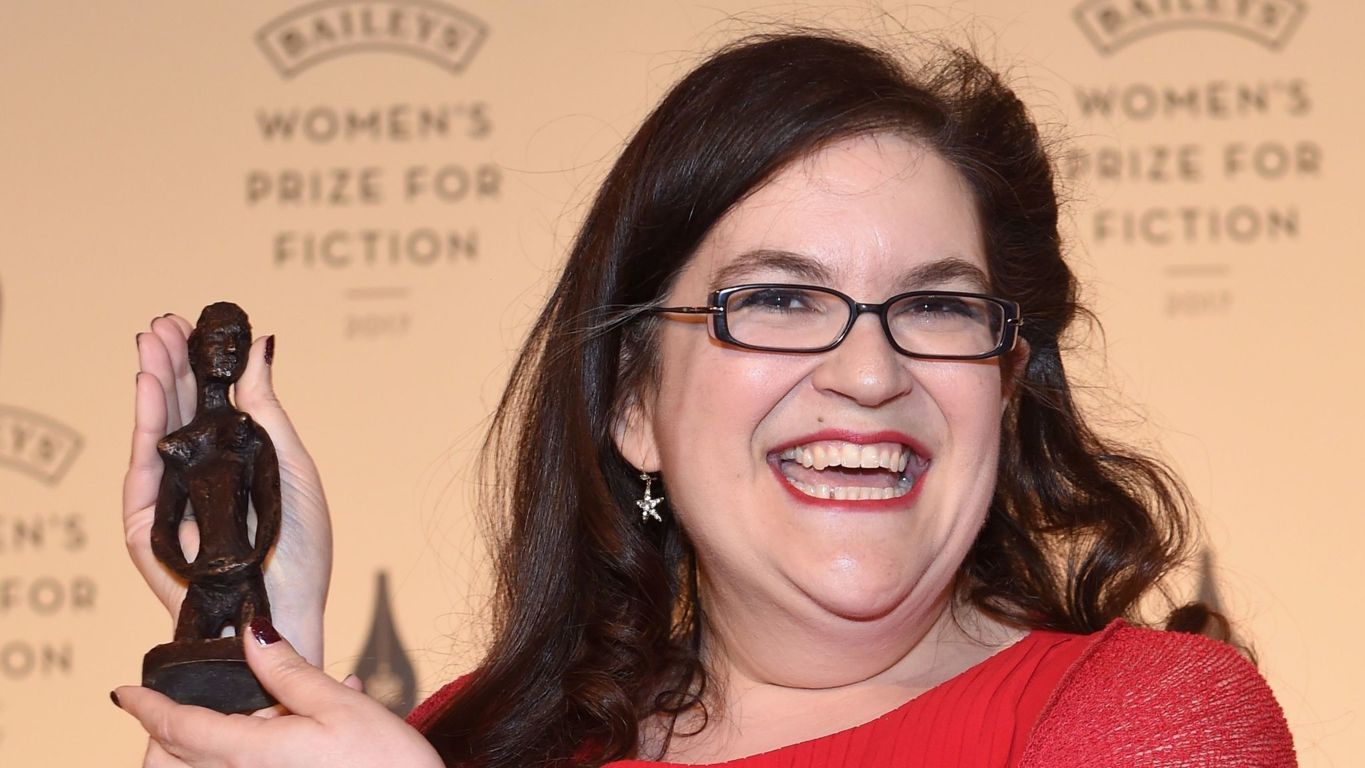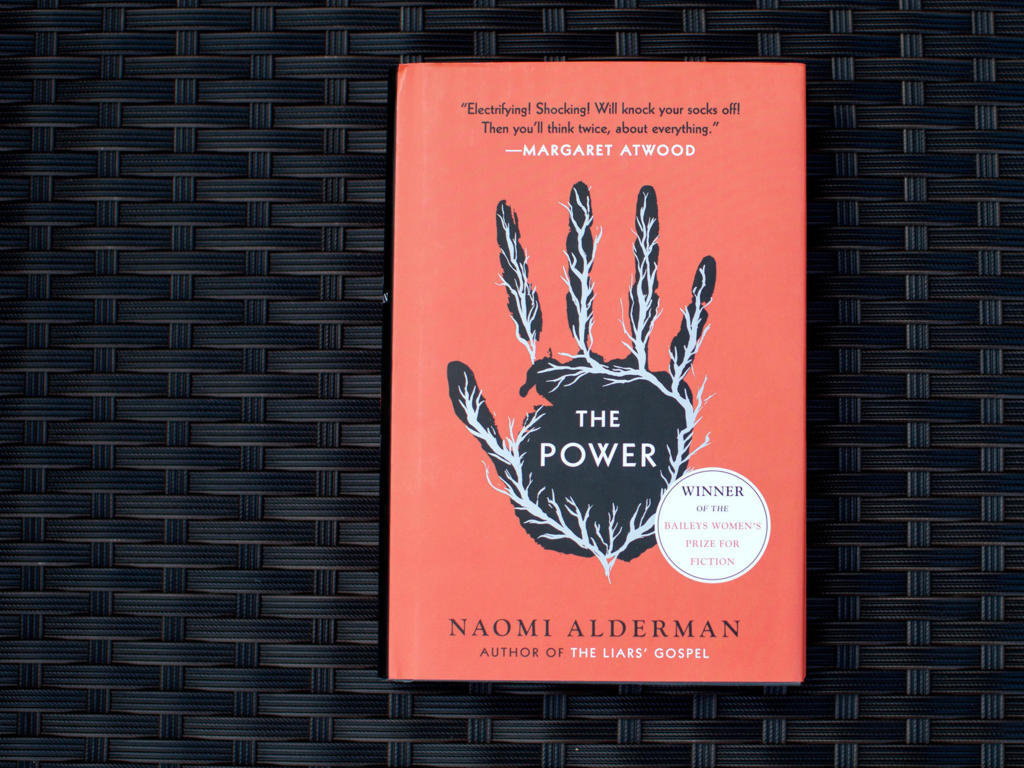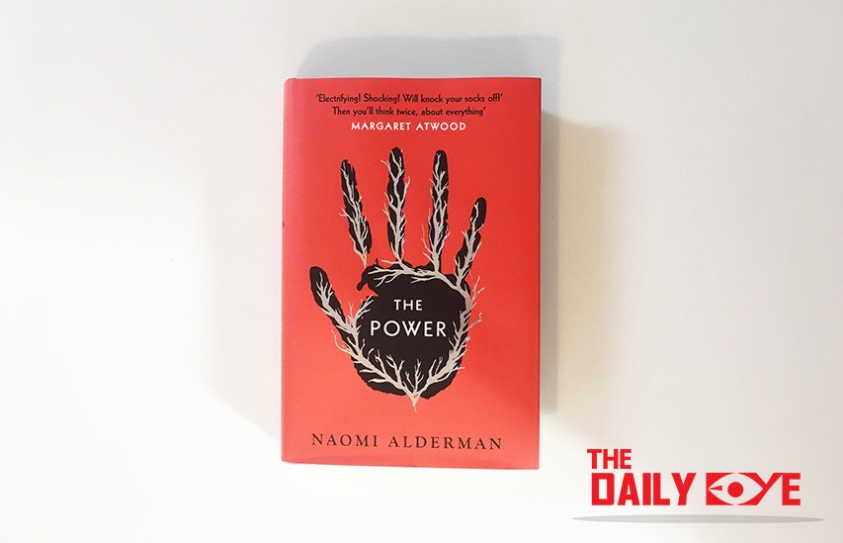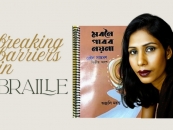What if the gender equation were to be reversed so that women could not just defend themselves against violent males but also overpower them? Would the world become a better, more gender-sensitive place? Naomi Alderman’s The Power looks at just such a futuristic scenario, and the outcome is unexpected.
The Power made it to practically every list of the best books of 2017, and won the Baileys prize for women's fiction. It is the kind of sci-fi novel, that, for a few pages at least, feels empowering to women. Alderman imagines a time when women get an electric change in their bodies, with which they can give men shocks—mild as well as heart-attack inducing lethal. When they discover this power, they become fearless; now they can walk the streets at any time, while boys and men cower at home in terror.

Source :Los Angeles Times
It starts with teenage girls, who can gift it to older women; then girl children are born with a ‘skein’ under their collarbones, and women become invincible—almost. There are revolutions in patriarchal societies from Riyadh to Delhi, and a religious movement inadvertently started, that feminises faith by turning God into a She. The leader of this cult is Allie, who escapes an abusive adoptive father and lands up in a convent, full of battered girls who have discovered their power and come together under that generous roof to cope with their lives. Allie, who has conversations in her mind with a divine power, becomes Mother Eve, a spiritual healer and face of this new female supremacy.
Meanwhile, Roxy, daughter of a London gangster uses her power to take over her father’s criminal empire; Margot Cleary, Mayor of an American town fuels her political ambition; in Moldova, centre of the flesh trade, women under the leadership of Tatiana Moskalev, the wife of the suddenly-dead President, form a female-led country called Bessapara. Recording these surges of female control all over the world, is self-taught Nigerian journalist, Tunde, the only male in this posse of women protagonists.

Source :NPR Illinois
Alderman’s this new world quickly turns into a chaotic dystopia; women start behaving just like depraved and power-crazed men, and men fight back. In Moskalev’s dominion, men cannot step out without a female guardian, they cannot drive and cannot travel. And of course, women who can’t or won’t use their power are given names like gimp, flick, flat battery, pzit (“the sound of a woman trying to make a spark and failing”).
The role-reversal book is structured like a thriller—it starts with a murder—and throws in thought-provoking questions into the nature of power; is it ever possible for those in a position of authority to use it for good? Or, to quote Lord Acton, absolute power corrupts absolutely. For no other reason except a whim, the story is bookended with correspondence between Neil Adam Armon the writer of this “historical novel,” about a period that came to be known as Cataclysm, and Naomi Alderman from whom he seeks approval of his manuscript.
The Power has many layers, but mainly debunks the idea that a world in which women rule would be enriched by love and kindness. Maybe in the post #Metoo world, we are heading that way…maybe the gender balance will take time to right itself and society will finally reach a utopian ideal. But that is another book…another fantasy.
The Power
By Naomi Alderman
Publisher: Little Brown
Pages: 386





-173X130.jpg)

-173X130.jpg)
-173X130.jpg)
-173X130.jpg)
-173X130.jpg)
-173X130.jpg)
-173X130.jpg)